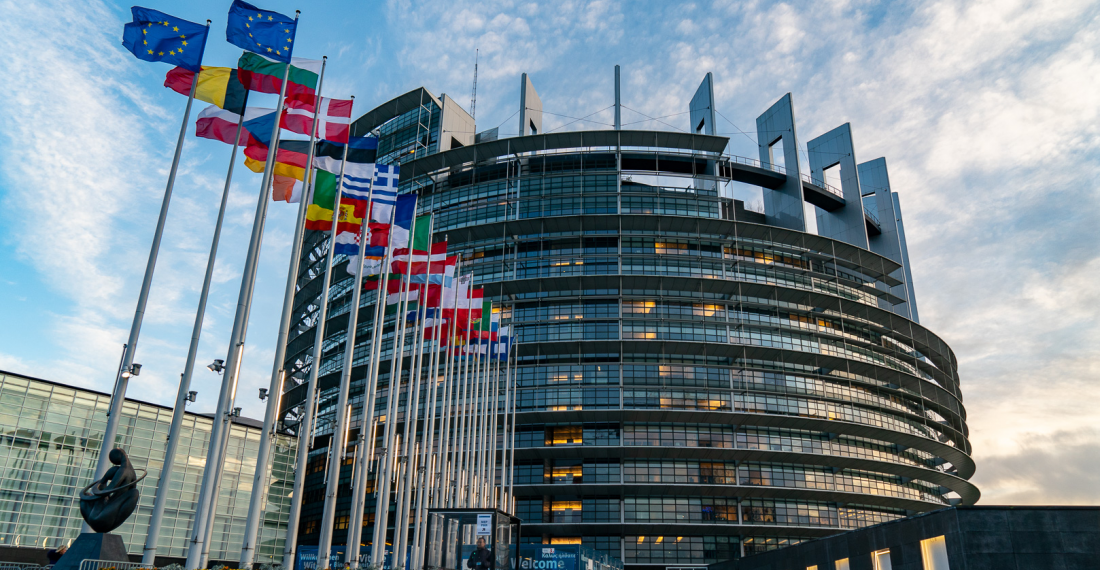On Thursday (15 September) the European Parliament announced that Hungary can no longer be considered a full democracy.
Instead, according to the EU Parliament, the country now more closely resembles a hybrid regime of electoral autocracy where the constitutional system allows for elections, but presides over systematic failures to uphold European values and democratic norms. MEPs in particular cited a breakdown in democracy, fundamental rights, and the rule of law.
Meanwhile, the European Commission has been under pressure to stand up to Viktor Orbán's increasingly authoritarian government. Ministers within the European Parliament are urging the European Commission to implement budget-constraining tools against Hungary, that is to say, withholding EU funding for Orbán’s government. Currently, Hungary is awaiting €4.64 billion in Covid relief funds that have been frozen by the European Commission for over a year. Whether the Commission will release these funds or not will likely depend on how Hungary says they will tackle increasing issues of corruption.
The European Commission is expecting Hungary to provide plans for internal legal mechanisms to combat corruption, and will decide on further action next week.
The announcement from the European Parliament comes roughly 4 years after they initially voiced concerns about a lack of democracy and fundamental rights in Hungary in 2018.







